

Drama is the lifeblood of all good storytelling. In our modern world, where audiences have billions of choices regarding how to spend their time? Drama needs to be in everything we create if we hope to get so much as a passing glance.
I don’t care if it’s a novel, a podcast, a documentary, or a food vlog on YouTube. We must differentiate our content, and drama is the best human bait there is. It will hook hard, and hook DEEP.
Period.
Drama can make ANYTHING more interesting (providing we have the option of being mere observers). Seriously, a giant brawl breaks out at a HAM Radio event, and we just happened to be walking by?
Whoa!
I don’t care if it is a class on how to use Excel, itemize your taxes, or ways to rebuild dot-matrix printers.
Should the ‘you-know-what’ hit the proverbial fan?
We’ll go from bee-bopping on autopilot to SUDDENLY? We’re at FULL attention.
Drama engages us one way or another. At the very least, drama gets our attention, but drama could also…get us involved.
***Put a pin in that word ‘involved.’
And YES, humans are weird.
Most of us hate drama at home, in life, at work and find it exhausting. Why? Because we don’t have a choice in the matter. Drama works the exact opposite in life.
We dread the awkward holidays, the tension that hangs in the air when that awful coworker steps into the break room, the friend who’s having another crisis with the guy you’ve told her to dump 75 times already, etc.
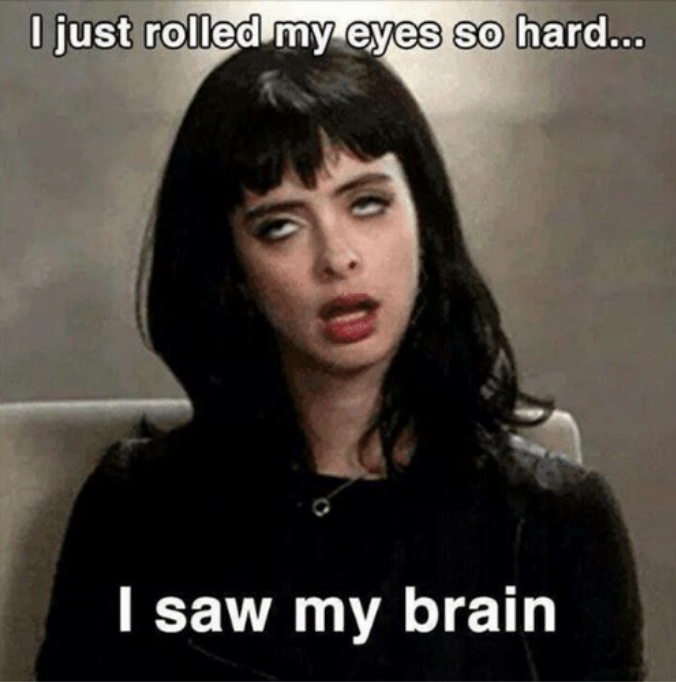

But, weirdly enough…
The one thing that will repel us more than the idea of a lutefisk chili dog (in life) is the exact same thing that will hook us faster than cocaine-laced kittens (in story).
Some of you might be confused. Wait, Kristen, a cooking vlog isn’t a story. A documentary isn’t a story. A blog about podcasting isn’t a story.
Cooking shows, documentaries and radio commentators (closest ‘old school’ equivalent of podcast) of ye olden days had more latitude. With tight controls over content and all forms of media, one could afford to be boring.
If you had a documentary about WWII, then teachers could at least force feed it to school kids.
These days? Everything needs at least an element of story (a dose of drama) if it has any HOPE of surviving let alone thriving.
What IS Drama?
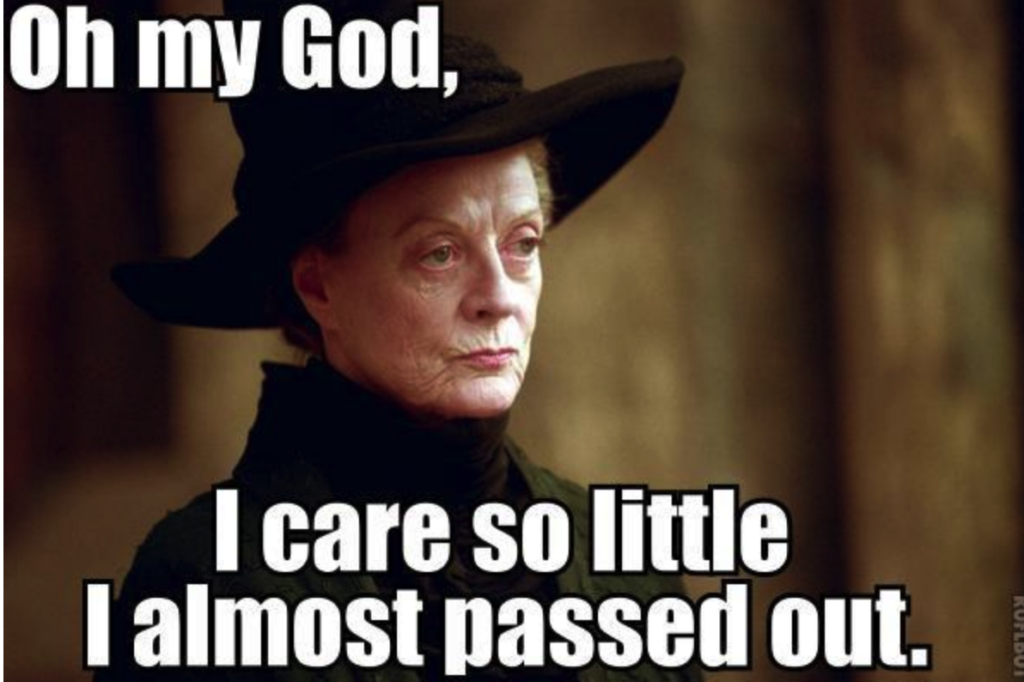

Drama is what makes us CARE.
When it comes to creating content, let’s first refine what I mean when I mention ‘drama.’ To do this, we’ll hop over to the definition of ‘drama’ via Merriam Webster (on-line), then skip down to definition #3.
Drama: a state, situation, or series of events involving interesting or intense conflict of forces.
Drama is all about conflict and TENSION (um, STORY). When it comes to writing, one of the main problems I see, with new writers in particular, is they create what I refer to as ‘soap opera drama’ also known as ‘melodrama.’
This is usually a long series of ‘bad things happening,’ and the characters are largely passive. They don’t learn, grow and decide they must change because they don’t really need to.
Can it work? Um, does THE WORLD TURN?
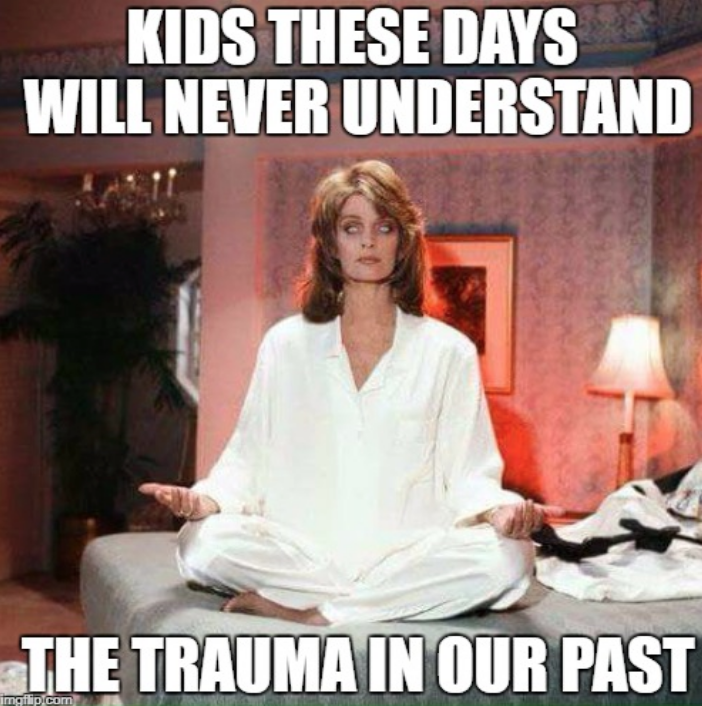

This type of drama (bad things happening) works really well for soap operas, namely because they go on pretty much forever.
Soap operas allow audiences be voyeurs into a world of beautiful, rich, and bored people with nothing better to do than keep stealing each other’s partners, discovering missing twins, plan corporate takeovers, and weirdly coming back from the dead every five or so years.
Land a job writing for daytime soaps or telenovellas? Melodrama is a staple. No one needs to arc (not in the same way), so a simple series of terrible events and limited personal growth is FINE.
FYI: ‘Soap’ operas earned this moniker for a reason. In the early days of radio and television entertainment, soap manufacturers would advertise to housewives during the midday hours. The networks needed stories that commanded interest, but remained simple enough women could keep cleaning and rely on listening.
The creators didn’t want a lot of depth and complexity because it made it too hard for their target audience to multitask.
To this day, most of the places I see soap operas played are venues where patrons are trying to perform multiple tasks—eat lunch, enjoy a pedicure and talk, get their hair colored and cut.
When we humans have to do more than one thing, then a complex plot will lose us.
So I am not casting judgement on soaps (I enjoy telenovellas to practice my Spanish). Just appreciate it is a VERY different form of storytelling.
Back to drama.
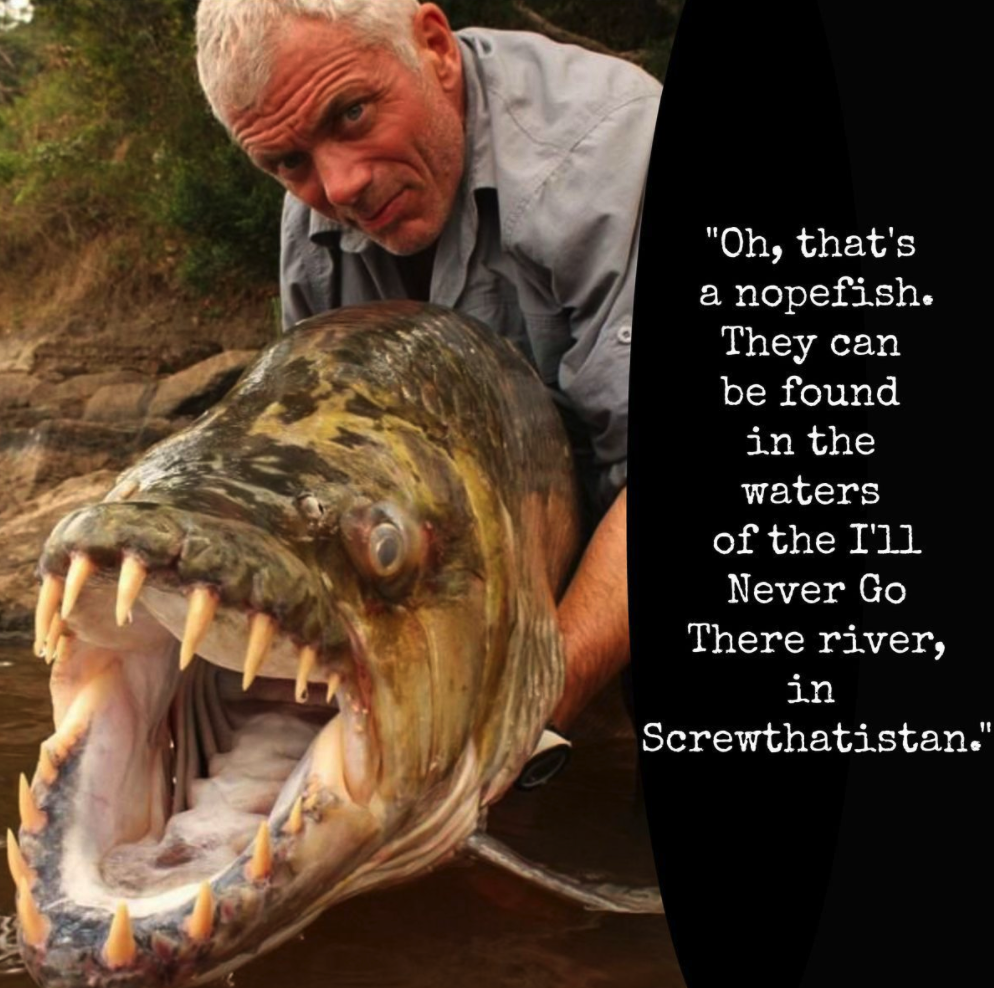

Whether it’s a podcast, a blog, a documentary, or even a ‘How-To’ video on YouTube, the ones that are the most successful add in elements of storytelling (drama) that hooks audiences and makes them want to come back for more.
It’s why successful podcasters, YouTubers, documentary stars, or bloggers (at least the ones who really stand apart) frequently do more than act as a simple conduit for information. They become personalities (Chef Gordon Ramsay, culinary expert Andrew Zimmern, expert fisherman/angler Jeremy Wade, survival expert Bear Grylls, etc.).
I was addicted to Ice Road Truckers. WHY? Because it was an unprecedented look into an unusual world and I CARED about the truckers as people. I was there for their story. If 25 years ago, someone would have told me a show about truck drivers would capture international interest? I would have thought they were bonkers.
Drama makes the difference.
When it comes to writing a NOVEL or a SCREENPLAY, however, we need a different form of bait. Authors and screenwriters are working with a finite amount of pages/time. This means, most of us need to rely another version of drama, known as dramatic tension.
What are some simple ways to keep turning up the heat and keep audiences wanting?
1.) Even Good People Do EPICALLY Stupid Things


This is a tough concept for a lot of writers, especially when we’re new. Want to be bored out of your MIND? Go back to some of my first blog posts.
Wait, you can’t. I’ve destroyed the evidence.
I was so scared and thought I needed to be all perfect and lecture-y (it’s a word, y’all). And I had ten followers. Two were my mom because she didn’t ‘get’ the internet—but was really wanting to support me—and the others were spam bots.
I am not making this up.
When I started my first WordPress blog, I actually thought Akismet was a person because he/she was my first commenter. Which I thought was AMAZEBALLS because I hadn’t even TOLD anyone about my blog and here this person with an odd foreign name (Asian? Russian?) was there to encourage me.
PROOF I was awesome.
Then, I wrote a reply to Akismet who then ghosted me. WTH?
And then…
I found out Akismet was the WP plug-in spam filter *face palm*
I…was…an idiot.
But, after a while, with my ‘two moms’ and 25 spam bots as followers? I lightened the hell up, and began to laugh at my mistakes, talk about my weaknesses, joke about thinking AKISMET was my first real fan.
And guess what? People (actual people) not HotCollegeGirlsCheapDesignerBags started commenting.
Remember this tenet in fiction, too.
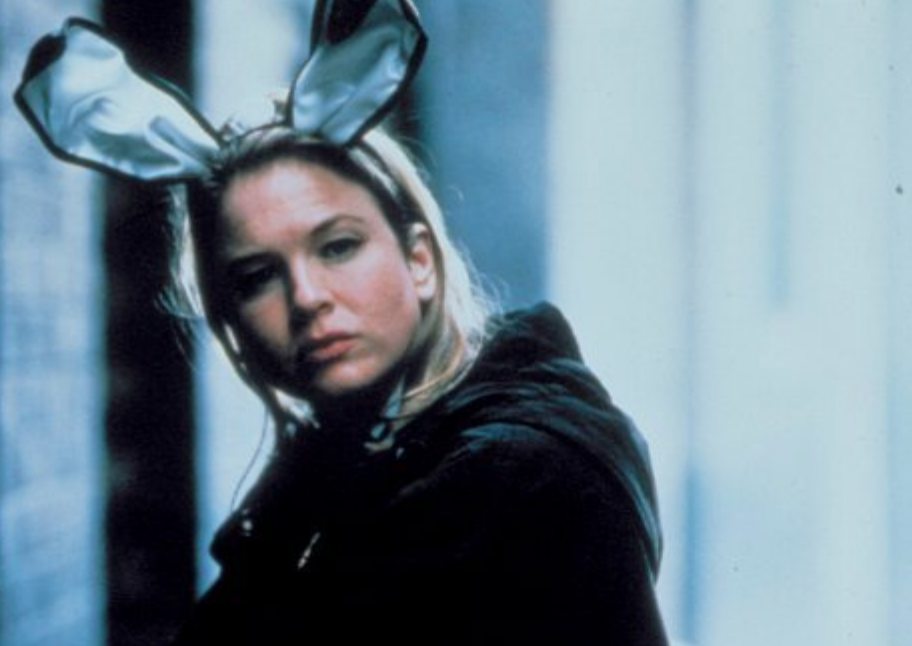

We don’t connect with other people because of the crazy amazing things they are/do/accomplish. How many of y’all feel like you could be BFFs with Elon Musk or Scarlet Johannson? Not saying they’re ‘bad people.’ Probably super nice.
But, regardless how kind or wonderful these sorts of people might be…how approachable are they?
What about a mom with a toddler who won’t stop screaming in the store? A woman who’s crying in a bathroom stall because she can’t deal with her mom who’s suffering dementia? The guy who’s old truck just broke down, stranding him in the middle of a busy intersection?
What about those people? How much more natural is it to empathize/get involved?
In their weakest moments, we are most likely to get INVOLVED. See? Told you we’d get back to that word 😉 .
It’s the same with characters. We bond because we empathize on some level. So feel free to be vulnerable. Yes, you. Sometimes we’re afraid to make our characters vulnerable because we’re terrified it might reflect on us.
When I was a n00b, all my characters were caricatures—brilliant, gorgeous, rich, wise…and utterly BORING.
Give all your characters weaknesses.
Bad decisions are the beating heart of great stories.
If the tension is flagging in a spot, create a moment for a character to be fully human. Let them be afraid, selfish, evasive, ashamed, etc.
You’ll thank me later 🙂 .
2.) The Road to HELL Really IS Paved with Good Intentions


A great way to generate drama (conflict) is to have a character mean well. Give them good intentions.
Maybe you’re writing a mystery, and there’s a critical piece of information the MC needs to solve the problem. BUT it would require another character to possibly divulge someone else’s shame/secret.
Another character means well when she fails to reveal her married best friend had a brief affair with the murder victim. She didn’t intend on having this sort of knowledge. But, though it could be (and probably should be) a key piece of intel, she runs interference so as to protect her friend’s reputation.
And she’ll likely do all the mental gymnastics of how this ‘information’ is irrelevant…until she can no longer live with herself and has to make the tough choices.
Is there a way for your MC, your BBT (core antagonist/villain—yes, even baddies can be sympathetic), another supporting character to mean well…only for it to be the worst thing they could do?
- The mom who doesn’t want to tell her adult daughter she has cancer because she doesn’t want to spoil her wedding.
- A coworker who doesn’t want to mention that his project manager once fudged the books to cover up a single mom’s mistake so she’d keep her job.
- Maybe a simple peasant afraid to mention her neighbor has healing powers for fear that her friend might be executed for using magic.
Y’all get the gist.
Get creative. People (characters) can do some pretty foolish/terrible stuff, all the while fully intending to do GOOD! Should your story start feeling flat, can someone withhold critical information? Maybe spill the tea on another person’s private trauma, struggle or shame?
Anytime the characters are having life too easy?
Toss a wrench at them.
3.) Drama is the Path Untraveled (OR Blocked)
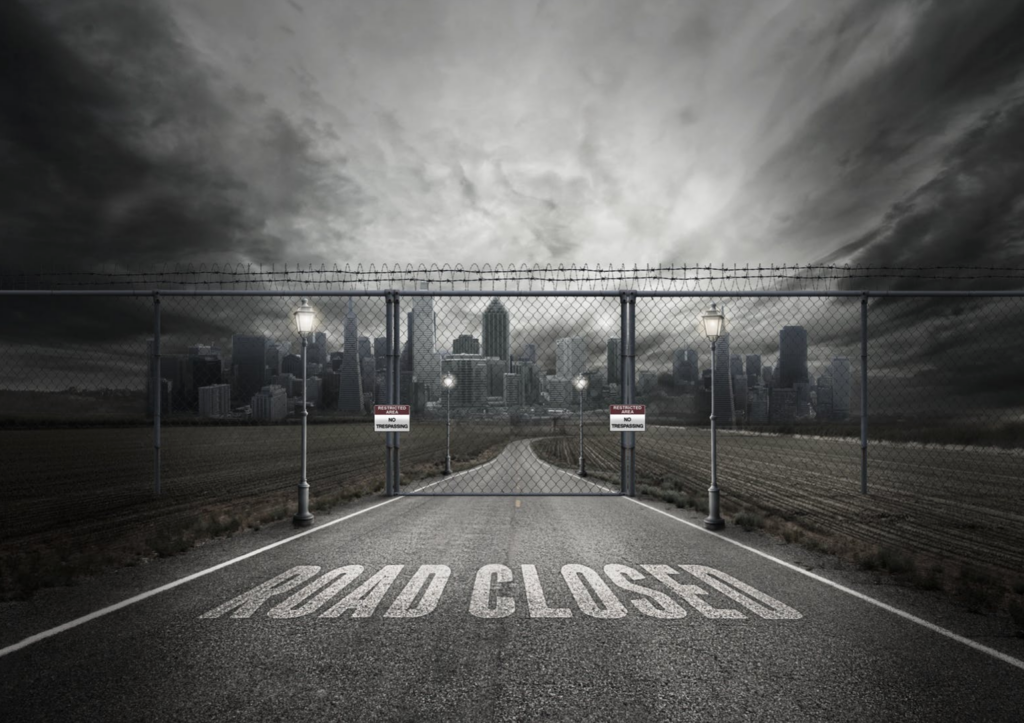

Humans are notorious for taking the easy route, so here’s the hard truth. In life and in fiction, nothing interesting happens in the comfort zone.
The point of ‘story’ is to force the MC to take a road they never would have chosen without the inciting incident (then later external/internal prodding).
In fiction, everything should be tough. NOTHING should come easily…ever.
*gives scary eyes*
Your characters are willing to do ANYTHING…just not THAT.
Then make them do THAT.
Example:
Say I’m writing a romance. I am riffing here, so…anyway.
My super wealthy love interest falls for a struggling actress he met when she was fired by the caterer at some fancy event. In the story, at some point, my couple comes together, then has the necessary falling out. She ditches him.
To succeed—find his true love—he must get directions to where she lives so he can make ‘whatever’ right before she accepts a marriage proposal from her ex (and childhood love) who claims he’s changed (stakes/ticking clock).
If this is the case? Then the only way forward has to be TOUGH.
Make it worse until you make it weird.
I’d make the ONLY person who knows the intel (where gal lives) a person—that any other time before this moment in the story—he would have avoided like a room full of snotty toddlers.
Maybe? A homeless guy (also known as a threshold guardian). Then, I’d make sure this threshold guardian demanded my MC’s absurdly expensive shoes in return for information.
I need to ask myself, “How badly does my guy want directions?” Is he willing to turn over his $15,000 custom shoes and walk in his $900 socks through trash, broken glass and maybe discarded needles to find the woman he loves?
Why wouldn’t I simply have the homeless guy demand cash?
Because that would be too easy for the MC. He wouldn’t have to openly compromise his pride.
Path untraveled? Being humble and unable to simply buy his way to what he wants. Sure, my wealthy guy has to pay, but not on his terms and in the way he’d least likely choose.
Also, if I’ve developed my female love interest who’s clearly from the ‘wrongest’ part of town possible, then that homeless man could be an ally. She’s kind to him, possibly a friend.
He becomes a deeper character because he knows ‘Rich Guy’ hurt his gal pal. His ‘easy road’ would be to simply shake ‘Rich Guy’ down for cash. But, since he’s a true friend, he wants to test if this dude’s love is genuine.
Double drama bonus there.
Drama Addicts
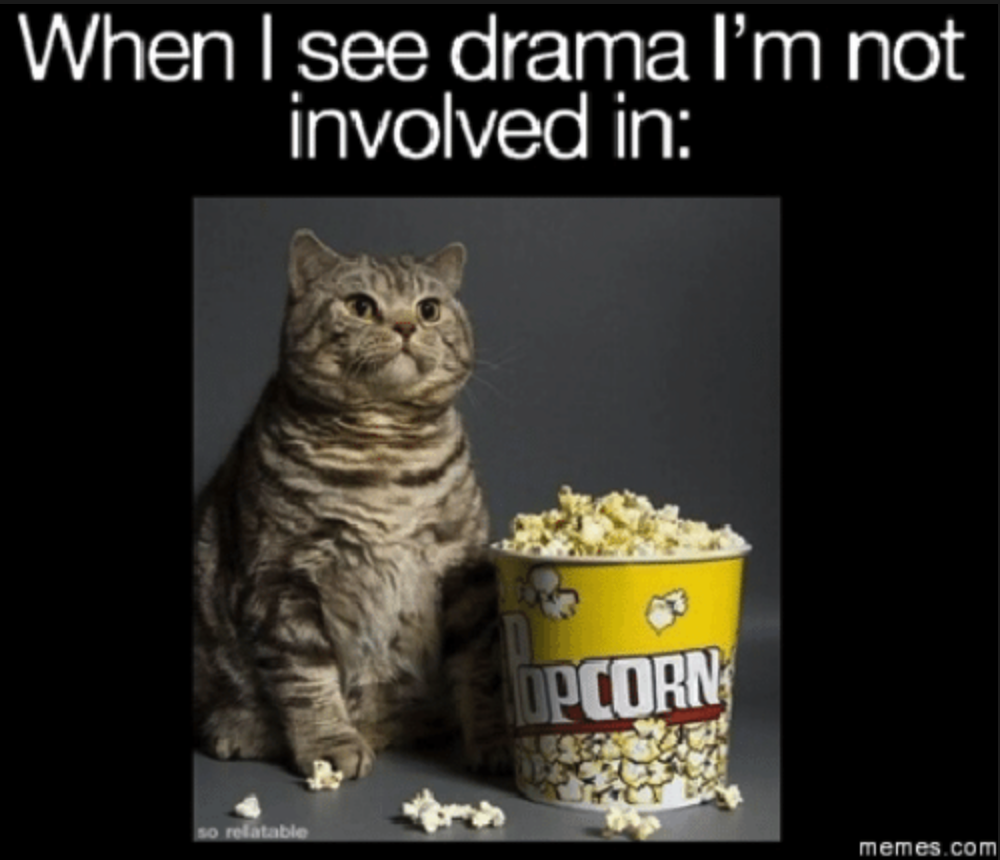

When we make the roads too easy, the choices too clear, the decisions too wise, we’re robbing the audience of a great experience. Good fiction involves personal growth—character arc—and we don’t call them ‘growing fluffy puppy kisses.’ NO! We call them ‘growing PAINS.’
So make ’em suffer. Audiences will love you all the more for it.
What are your thoughts? I LOVE hearing from you!
What are some great stories (movies, film, series) you can think of that about killed you with the tension? Remember hating the writers and loving them too for making you suffer?
Do you struggle with making life/solutions too easy for your characters? Struggle with that sagging ACT TWO?
What are some shows you watched SOLELY because they added in a bit of story and made you CARE? ‘River Monsters’ is another one for me. It’s probably the only fishing show I’ve ever watched in the history of ever since I hate water and don’t eat fish…but I was hooked.
*bada bump snare*
I LOVE hearing from you!
To prove it and show my love, for the month of NOVEMBER, everyone who leaves a comment I will put your name in a hat. If you comment and link back to my blog on your blog, you get your name in the hat twice. What do you win? The unvarnished truth from yours truly. I will pick a winner once a month and it will be a critique of the first 20 pages of your novel, or your query letter, or your synopsis (5 pages or less).
Classes
The Edge: How to Write Mystery, Suspense & Thriller is available ON DEMAND (sign up HERE and use Thrill10 for $10 off). The recording turned out FANTASTIC, so check it out.
***More new classes will be available next post. I’ll also give winners for September and October. We’ve been dealing with power outages and tech issues so I am behind. Apologies.
